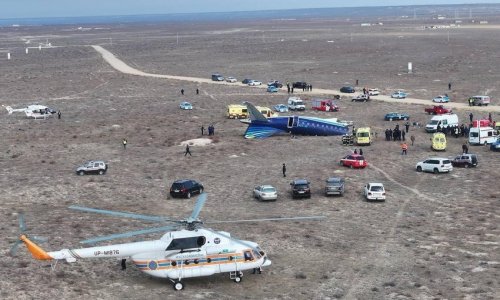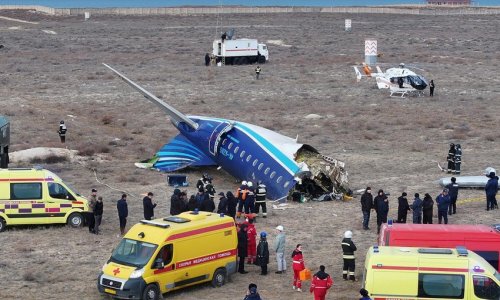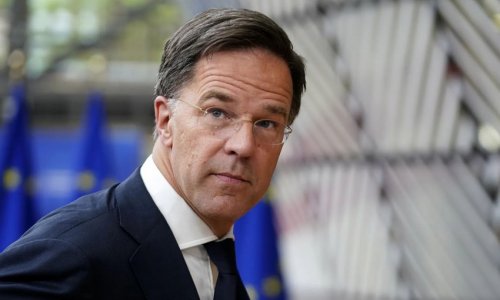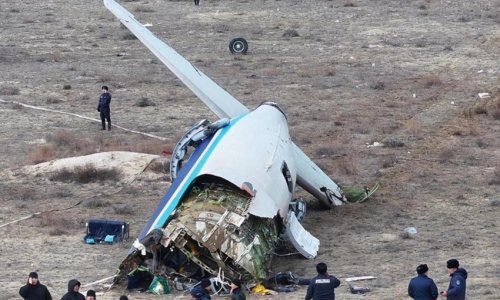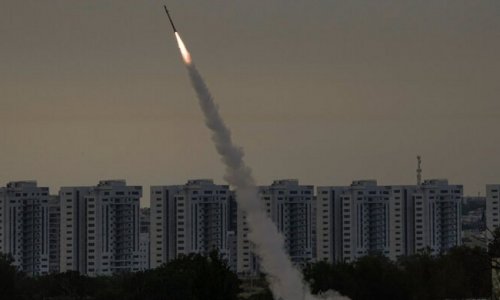So perhaps we should start with a short history lesson. A thousand years ago Kiev was the capital of an Orthodox Christian state called Rus with links reaching as far west as England. But Rus was swept away by the Tatars in the 13th century, leaving only a few principalities in the north, including an obscure town deep in the forests, called Moscow.What became known as Ukraine – a Slav phrase meaning “borderlands” – was regularly fought over by Tatars, Poles, Lithuanians, Russians, Turks, Swedes and Cossacks. One large chunk, including Kiev itself, joined Russia in the 17th century. Galicia in the west fell to the Austrians in the following century, but was taken by Poland after the First World War, when the rest of Ukraine joined the Soviet Federation. Churchill, Roosevelt and Stalin handed Galicia and its capital Lviv to Ukraine in 1945. All these changes were accompanied by much bloody fighting.Ukraine’s Crimean peninsula followed a different but equally tumultuous path. The seat of a powerful and predatory Tatar state, it was conquered and settled by the Russians in the 18th century. Stalin deported its Tatar minority in 1944 because, he said, they had collaborated with the Germans. They were later allowed to return. Crimea only became part of Ukraine in 1954, when Khrushchev gave it to Kiev as a present.Ukraine became an independent country for the first time since the Middle Ages when the Soviet Union collapsed in 1991. It had many of the requirements for success: an educated population, good links with the outside world and substantial industry, though its economy remained distorted by the Soviet legacy. But it was still divided, with an uncertain sense of nationhood. Today 77 per cent of the country’s population is Ukrainian. But 17 per cent is Russian, a third of the population speak Russian and many of these people have strong family ties with Russia. Only the Ukrainians from Galicia look unequivocally to the West.Meanwhile, most Russians feel strong emotional links to Ukraine as the cradle of their civilisation. Even the most open minded feel its loss like an amputated limb.Things started well enough. Russia and Ukraine negotiated a sensible agreement to allow the Russian Black Sea Fleet to remain in Crimea. With well-judged concessions, the Ukrainians assuaged the demands of Crimea’s Russian inhabitants for closer ties with the motherland. But the Ukrainians were unlucky in their country’s new leaders, most of whom were incompetent or worse. They failed to modernise the economy; corruption ran out of control. Then Putin arrived in 2000, ambitious to strengthen Russia’s influence with its neighbours. And the West began its ill-judged attempts to draw Ukraine into its orbit regardless of Russian sensitivities.Despite his best efforts, both overt and covert, Putin has failed to shape Ukraine to his will. He got his puppet Yanukovych elected president in 2004, only to see him overthrown in an Orange Revolution supported by millions of dollars of Western money. The “democratic” leaders who then emerged proved incompetent as well as corrupt. Yanukovych was re-elected in a fair election in 2010, but was even more incompetent and corrupt. His forceful ejection at the height of the Winter Olympics in Sochi, intended to showcase a modern and powerful Russia, was a humiliation for Putin and an unintended consequence of his intrigues. He is a vindictive man who will want revenge.Although he is also a cunning politician, he already looks incapable of calm calculation. His apparent threat – or intention – to use force in Crimea would up the stakes in ways whose consequences neither he nor anyone else can foresee.He may of course believe that the West will be unable to find an adequate response, and he may not be wrong. Western policy towards Ukraine has had two inadequate parts. The first is respectable but merely rhetorical: Ukraine is entitled to decide its future for itself, and Russia has no legitimate claim to a voice. The second is a piece of old-fashioned geopolitics: Russia can never again become an imperial threat if Ukraine is incorporated into Nato and the European Union. This part of the policy is impractical to the point of irresponsibility. It ignores four things. The members of Nato and the EU have lost their appetite for further enlargement. Most Ukrainians do not want their country to join Nato, though they would be happy to join the EU. A majority want to remain on good terms with Russia.Above all, the West does not have the instruments to impose its will. It has no intention of getting into a forceful confrontation with Russia. Lesser sanctions are available to it, both economic and political, but they will hardly be sufficient to deflect a determined Russia from its meddling.The alternative is for the West to talk to the Russians and to whoever can speak with authority for Ukraine. So far the Americans have been ineffective on the sidelines, the British seem to have given up doing foreign policy altogether, and only the Germans, the Poles and the French have shown any capacity for action.An eventual deal would doubtless have to include verifiable agreement by the West as well as the Russians to abandon meddling in Ukrainian affairs, a credible assurance that Nato will not try to recruit Ukraine and arrangements for the both the Russians and the West to prop up Ukraine’s disastrous economy. The sums involved are vast ($35bn has been mentioned). The task of ensuring that they are properly spent will be taxing in the extreme.All that would involve much eating of words on all sides. It would enable the West to show that it can move beyond fine rhetoric about democracy to real deeds. It will be very hard to achieve. It may already be too late. But the alternatives are liable to be far worse.(independent.co.uk)ANN.Az
'With irresponsible talk of EU and Nato membership, the West has badly mishandled relations with Ukraine
World
21:30 | 04.03.2014
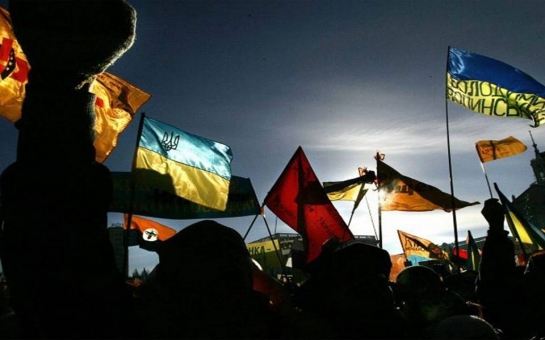
'With irresponsible talk of EU and Nato membership, the West has badly mishandled relations with Ukraine
Much recent comment on Ukraine in the British press has been marked by a barely forgivable ignorance about its history and politics, an overhasty willingness to put the blame for all its troubles on Vladimir Putin, and an almost total inability to suggest practical ways of bringing effective Western influence to bear on a solution.
Follow us !

